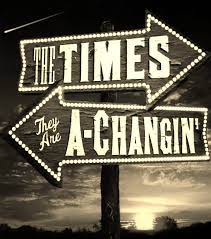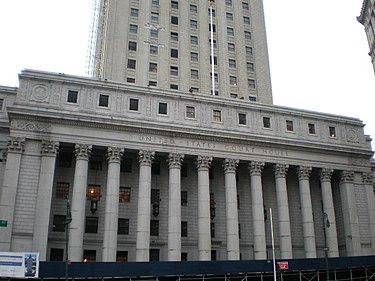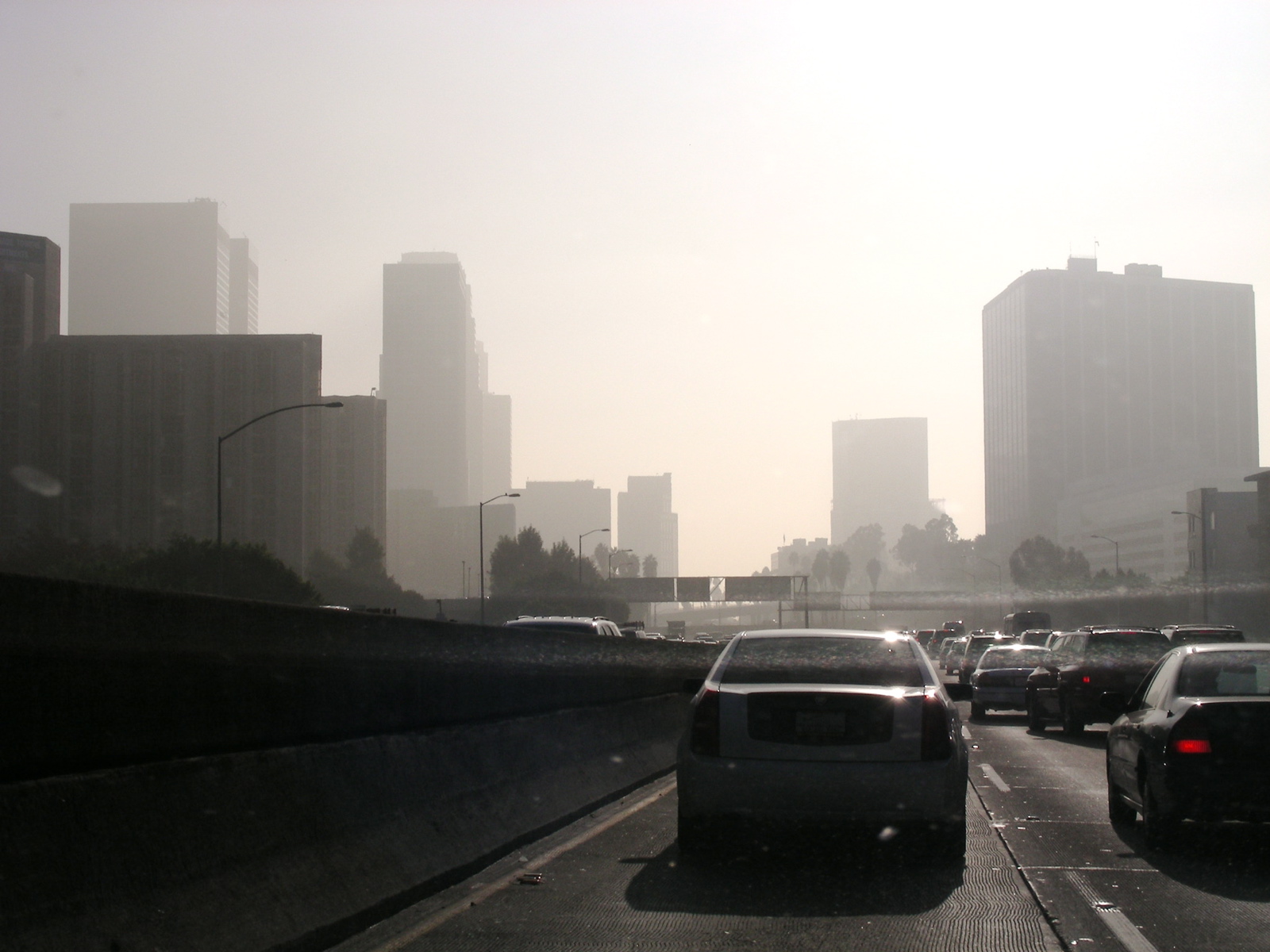Litigation
The Regulatory Process: FAQs
Here’s an explainer on how federal regulations get issued and reviewed by courts.
Even most lawyers, let alone the rest of the population, are a bit fuzzy on how the regulatory system works. As the Biden Administration is gearing up to start a slew of regulatory proceedings, here’s what you need to know about the process. Issuing Regulations Q: Where do agencies like EPA get the power to …
Continue reading “The Regulatory Process: FAQs”
CONTINUE READINGSupreme Court Finds California Labor Access Regulation Works Unconstitutional Taking of Private Property
What Are the Implications of the Cedar Point Nursery Decision for Environmental, Natural Resources & Public Health Programs?
In a closely-watched property rights decision, the U.S. Supreme Court today held unconstitutional a longstanding California regulation allowing labor unions intermittent access to agricultural workplaces for labor organizing purposes. Reversing a decision of the Ninth Circuit Court of Appeals, a 6-3 Supreme Court majority ruled that the challenged regulation triggers a per se, compensable government “taking” …
CONTINUE READINGThe Turning Tide
Last week featured some remarkable developments relating to climate policy.
Some events last week sent a strong signal that the tide is turning against fossil fuels. Each of the events standing alone would have been noteworthy. The clustering of these events dramatizes an important shift. To paraphrase Churchill, this may not be beginning of the end for fossil fuels, but at least it is the …
Continue reading “The Turning Tide”
CONTINUE READINGThe Supreme Court’s (Non-)Decision in Major Climate Change Case
BP P.L.C. v. Baltimore Ruling a Technical Win for Energy Defendants–But There’s Less There Than Meets the Eye
Today the U.S. Supreme Court issued its first major environmental decision of the Court’s current Term–and in a climate change case, no less: BP P.L.C v. Mayor and City Council of Baltimore. Superficially, the multinational energy corporations sued by the City of Baltimore prevailed, in a 7-1 majority opinion authored by Justice Neil Gorsuch. But …
Continue reading “The Supreme Court’s (Non-)Decision in Major Climate Change Case”
CONTINUE READINGAppeals Court Nixes NYC Climate Lawsuit
With a clever if contrived argument, the Second Circuit tries to eliminate climate change litigation.
On Friday, the Second Circuit issued an important decision in a lawsuit against the oil industry. New York City had sued the oil companies for harms relating to climate change. The appeals court ordered the case dismissed, on the ground that any harm relating to fossil fuel is exclusively regulated by the Clean Air Act. …
Continue reading “Appeals Court Nixes NYC Climate Lawsuit”
CONTINUE READINGRegulating Interstate Ozone Pollution: EPA Nears the Finish Line
The regulatory history is dauntingly convoluted. This sixteen year regulatory saga has lessons for climate policy.
EPA issued a rule last week that will significantly improve air quality, particularly on the East Coast. This is EPA’s fourth and final iteration of a rule-making process to control interstate air pollution that began in 2005. Reflecting this history, this fourth rule is a second and presumably final revision of an update to an …
Continue reading “Regulating Interstate Ozone Pollution: EPA Nears the Finish Line”
CONTINUE READINGA Preview: Major Property Rights Case Currently Before U.S. Supreme Court
Decision in Cedar Point Nursery Could Imperil Key Health, Safety & Environmental Programs
On Monday, the U.S. Supreme Court will hear oral arguments in a major property rights case from California: Cedar Point Nursery v. Hassid. That litigation arises in a labor law context. But, depending on how the Court rules, the case could have major, deleterious impacts on a wide array of health, safety and environmental programs. …
Continue reading “A Preview: Major Property Rights Case Currently Before U.S. Supreme Court”
CONTINUE READINGDeconstructing the Supreme Court’s First Environmental Law Decision of the Year (Sort Of)…
…And Newly-Arrived Justice Barrett’s First Majority Opinion
Earlier this month, the U.S. Supreme Court issued its first environmental law-related decision of its current Term–U.S. Fish and Wildlife Service v. Sierra Club. I say “environmental law-related” because the heart of the case concerns whether certain federal government documents are disclosable to the public under the Freedom of Information Act (FOIA). But the case …
CONTINUE READINGConservative Judicial Activism Strikes Again
A wild-eyed misinterpretation of the commerce clause
A federal district judge ruled today that the federal government’s moratorium on evictions is unconstitutional. The judge’s theory is that evicting tenants for nonpayment of rent isn’t an “economic” activity. Therefore, it’s beyond Congress’s power under the Commerce Clause. I know that sounds nuts, but that actually it is what the judge said. The judge’s theory …
Continue reading “Conservative Judicial Activism Strikes Again”
CONTINUE READINGImplementing the “Biden Environmental Litigation Bounce-Back”
Encouraging Signals As To How Biden’s USDOJ Will Resolve Environmental Lawsuits Originally Brought Against the Trump Administration
The transition from the Trump Administration to the Biden Administration makes for fascinating spectator sport. President Biden’s first month in office reveals that he and his Administration are committed to undoing the widespread damage former President Trump and his minions engineered across so many policy and legal areas. The environment is a particularly prominent example. …
Continue reading “Implementing the “Biden Environmental Litigation Bounce-Back””
CONTINUE READING












